Chocolate allergy is actually not related to the candy itself, but to some of the ingredients that are present in chocolate, such as milk, cocoa, peanuts, soybeans, nuts, essences and preservatives.
In most cases, the ingredient that most causes allergy is milk. It is necessary to observe if the person also feels the symptoms of the allergy when consuming the milk itself and its derivatives, such as yogurts and cheeses.

Symptoms of Chocolate Allergy
The symptoms of allergy are usually itching, redness in the skin, shortness of breath, cough, bloating, gas, low blood pressure and headache. Respiratory symptoms such as coughing, runny nose, sneezing, and wheezing may also occur.
In the presence of these symptoms, especially in infants, one should seek out an allergy doctor to do allergy testing and thus find out which food causes the allergy.
Symptoms of Chocolate Intolerance
Unlike allergy, chocolate intolerance is less severe and causes minor and more transient symptoms such as stomach pain, abdominal bloating, excessive gas, vomiting and diarrhea.
It is the reflection of a poor digestion of some ingredient of chocolate, and it is also linked mainly to cow's milk. See more about the differences between allergy and intolerance.
Allergy Treatment

Allergy treatment is prescribed by the allergist physician and varies according to the symptoms and severity of the problem. In general, medications such as antihistamines, corticosteroids and decongestants, such as Allegra and Loratadine, are used.
In addition, it is also necessary to exclude all foods that cause allergy to prevent further seizures. See all the remedies that are used to treat allergies.
How To Replace Chocolate
Chocolate replacement will depend on the ingredient that causes the allergy. Thus, people with allergies to peanuts or nuts, for example, should avoid the chocolates that have these ingredients in their composition.
For cases of cocoa allergy, chocolates made from carob be used as a natural substitute for cocoa, while for cases of milk allergy, chocolates made without milk or with vegetable milks, such as milk soybeans, coconut or almonds, for example.

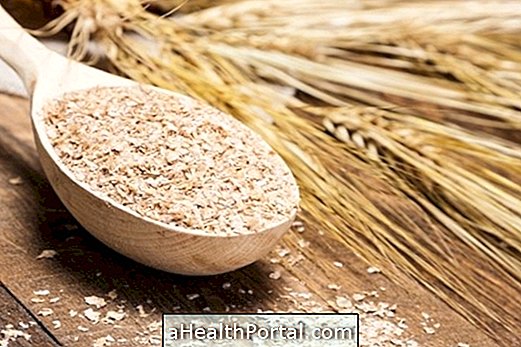
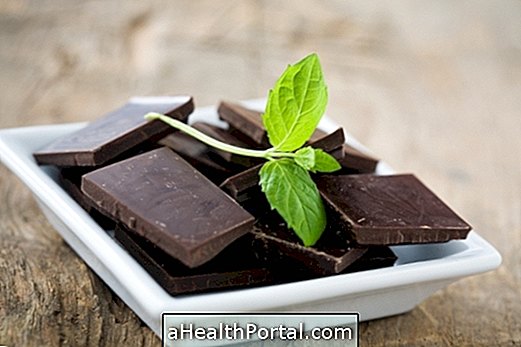
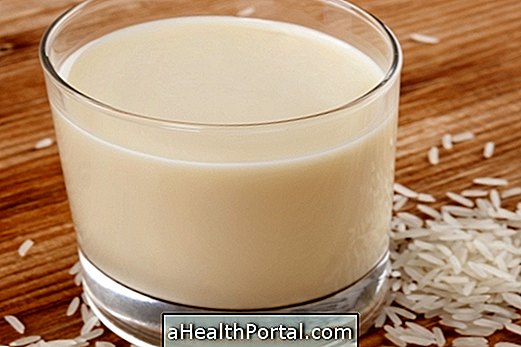
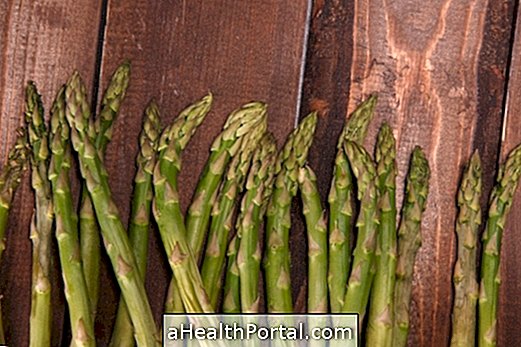


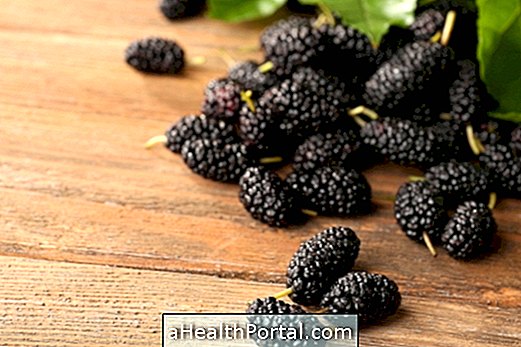

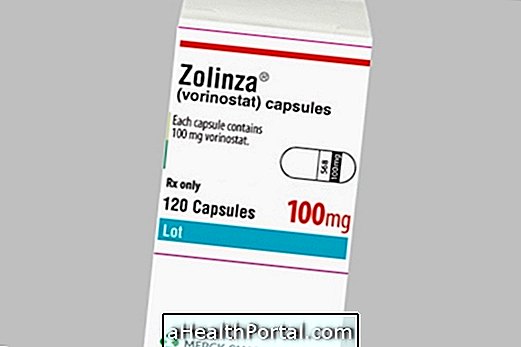

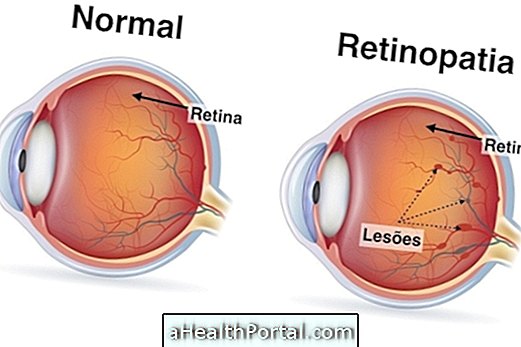
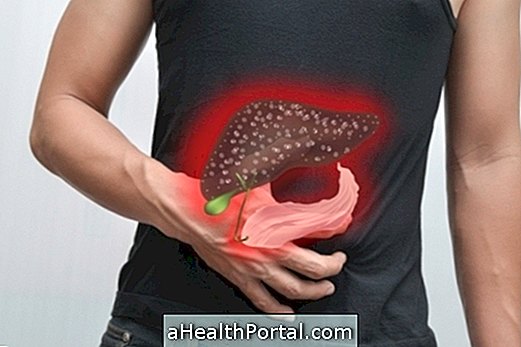




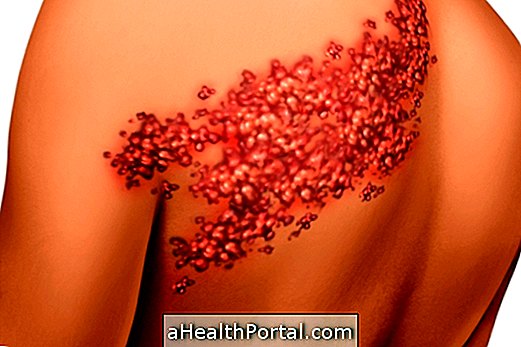



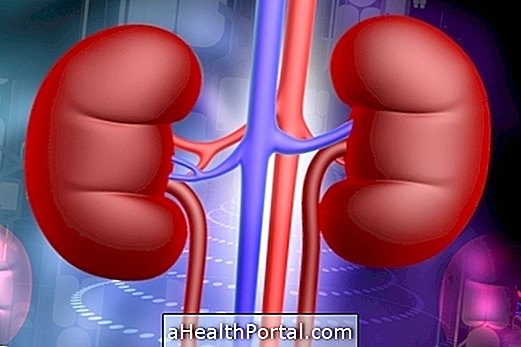
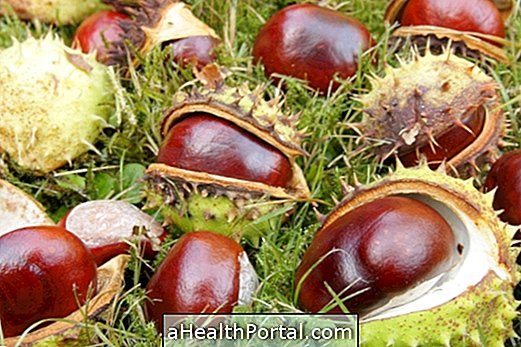
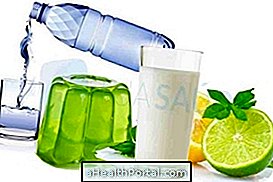
.jpg)
